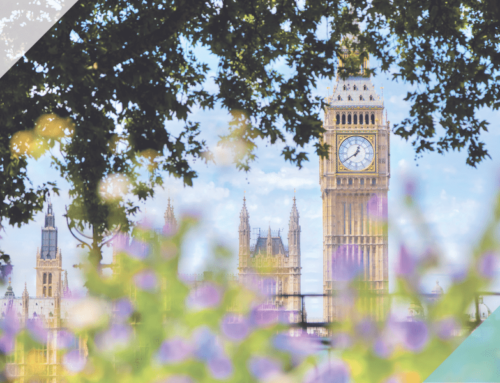What is the Difference Between a Leasehold and Freehold property?
Freehold
When you purchase a freehold property, you own it outright, including all the land it is built on. If you buy a freehold you will be responsible for the repair and maintenance of the building and the land.
Leasehold
A leaseholder owns the property for the length of term of the lease. You will have a Landlord and there may also be a Management Company. The Landlord will own the freehold of the building and land. When you purchase a leasehold property, you are taking over the remainder of the lease term from the sellers. Leases are normally for specific terms such as for 99 years or 999 years.
The Landlord is usually responsible for the repair and maintenance of the building as a whole. The Landlord is also commonly responsible for arranging buildings insurance which covers the building and common parts owned by the Landlord. You will need to ensure that you have Building Contents Insurance in place. The cost of maintaining these areas will be passed onto all the leaseholders within a building by way of service charge. You are also likely to have to pay ground rent to the Landlord.
If the lease term is 80 years or less then you may struggle to obtain a mortgage. Over the course of time, as the lease term reduces then so does the value of the leasehold property but the premium payable for the extension will be substantially higher. The length of the lease term will reflect in the asking price.
Note that when you purchase a leasehold property there are certain clauses within the lease which you will need to comply with. The Landlord has the ultimate control and therefore you would often need to obtain Landlord consent for certain matters such as alterations.
You can also own a share of freehold. You will own the leasehold of the property but will also own a share of the freehold. Usually this is where the various flat owners within a building come together and buy the freehold. The various flat owners then each own a share of the freehold. It is important to note that you will still own the leasehold but you will have more control as you will also own part of the freehold. A share of freehold is not the same as purchasing a freehold property.
Caveat Emptor
The literal translation of ‘caveat emptor’ is – ‘let the buyer beware’. In other words, the buyer is responsible for knowing what they are buying. Buying a house is an important asset for people. It is important to have experts to handle the matter and provide the right advice.
Buying a first home doesn’t need to be daunting. Attwells Solicitors take pride in helping first time buyers to move into their new homes and we are happy for a chat. Please call Harpreet Kaila on 0207 449 3132.





